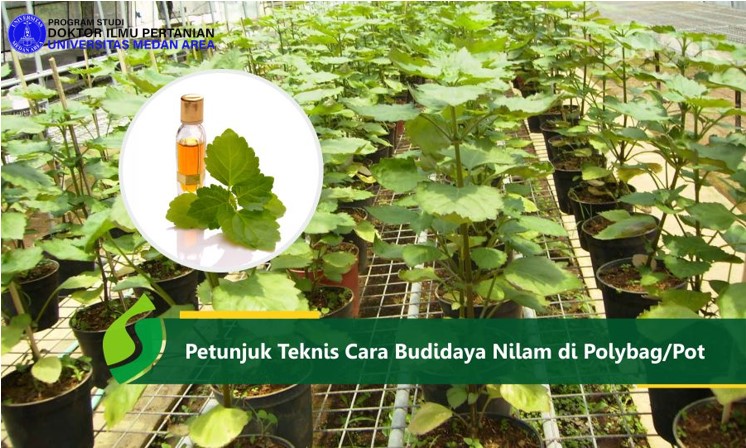
When the winter chill is out of the air and spring starts to settle in, a lot of people out there break out their shovels and plows and decide to plant a garden. If you want to plant a garden this year, why not make it an organic garden? Here are some fantastic tips you can use to make sure that your garden grows.
When watering plants use recycled water, but avoid re-using water from sources such as baths, washing machines, or dishwashing. These water sources may contain harmful chemicals that can be absorbed into your vegetables such as nitrates and phosphates. This water may even contain pathogens that could harm you or your plants.
Take your seedlings and saplings to a cooler spot once they are established. After growth begins, you can remove plants from any excessive heat sources. If you have plastic films on your containers, remove them. To know when it is time for this, keep a careful eye on your seeds.
Organize the chores for your organic garden so they do not pile up. If your busy life prevents you from tending your garden every day, do small tasks to avoid having so much work when you do have some time. Grab a handful of weeds, throw down some mulch, or toss some water on it anytime you walk by.
The correct depth for planting seeds in containers is triple the seed’s size. Some seeds shouldn’t be covered and must be in sunlight at all times. Examples of these are petunias and ageratum. If you are not sure whether your seeds need to be exposed to sunlight, resources are usually provided with the seeds or can be found online.
Organic
Most organic fertilizers will not harm the soft roots of plants, unlike, synthetic fertilizers. A great way to use an organic fertilizer is to mix it with the top two inches of soil next to the plant. This is called side-dressing, and it is usually worked into the soil during the growing season.
If you have plants that love acid in your organic garden, especially tomato plants, then coffee grounds make great mulch. It’s simple to scatter the coffee grounds around your plants and then sit back and let the high levels of nitrogen help your acid-loving plants grow to great heights all summer long.
Although there are many organic weed killers available on the market, it is often best and a real money saver to pull weeds by hand. If you keep up with it regularly, you can easily pull weeds before their roots are established. Wear gloves and be sure to pull out both the foliage and roots.
Fruits
Make easy work of washing your organic produce with a laundry basket. As you pick your produce, lay them in a plastic laundry basket, which works as a strainer. Hold the hose over the top and the water can make quick work of rinsing all the dirt and other matter off of your fruits and veggies.
An organic alternative to chemical fertilizer is compost. You can make your own compost by using fruits, vegetables and other organic wastes from your home. Compost gives your soil the nutrients it needs and improves its structure.
Sometimes when you are growing vegetables or fruits, it can be helpful to cut off newly formed buds or other non-fruit bearing areas. This will stimulate the growth of heavier fruit because the plant re-routes nutrients to where its growth should be navigating. When taking care your garden, it’s important to make the distinction between harvesting the plant, or encouraging its growth.
One of the best things about a garden is that once you put in the initial labor, you can sit back and enjoy the fruits – or vegetables – of this labor as your garden begins to grow. Make sure that you’re using these tips correctly if you want to experience the best possible results with your organic garden.
